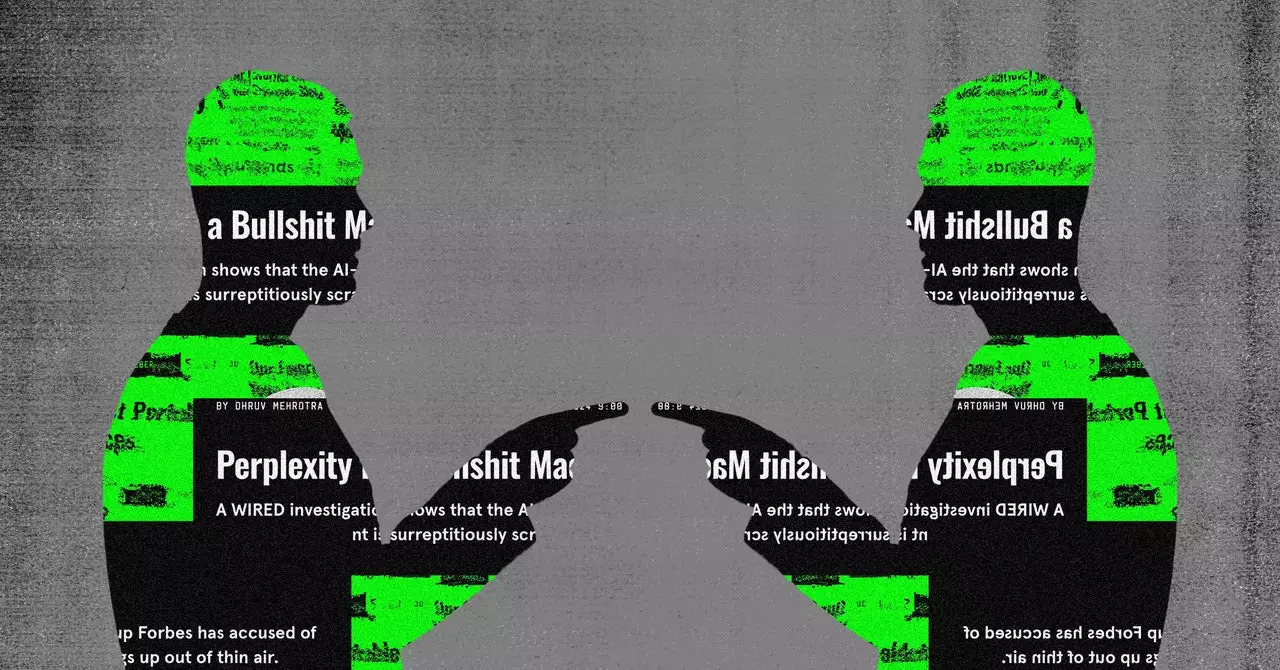The use of AI in generating content has raised many ethical and legal questions. While AI technology has the potential to revolutionize content creation, there are risks involved, especially when it comes to misinformation. Experts warn that AI-generated content must be accurate and not defamatory to avoid legal repercussions. Failure to credit original sources properly or inaccurately summarizing a story could lead to legal issues for companies utilizing AI technology.
Copyright infringement is another area of concern when it comes to AI-generated content. While some experts argue that using one sentence verbatim may not constitute infringement, others believe that the threshold of substantial similarity necessary for a successful infringement claim may have been crossed. The question remains whether AI-generated content creators are violating copyright laws by replicating or summarizing original content without proper authorization.
Some legal scholars suggest that the current copyright laws may not be sufficient to address the challenges posed by AI-generated content. Bhamati Viswanathan, a faculty fellow at New England Law, argues that tech companies may find ways to circumvent existing laws while still engaging in activities that undermine the original purpose of copyright laws. She believes that a new legal framework may be necessary to protect creators and promote the underlying aims of US intellectual property law.
Ultimately, the goal of copyright laws is to allow creators to benefit financially from their original work, such as journalism. However, the rise of generative AI technologies raises concerns about the future of creative economies. While AI has demonstrated the increasing value and demand for creativity, there are fears that it may also undermine and damage the ecosystems that support creators. The challenge lies in finding a balance between innovation and protecting the rights of creators in the age of AI-generated content.
The ethical and legal implications of AI-generated content are complex and multifaceted. While AI technology has the potential to transform content creation, there are risks involved, including misinformation and copyright infringement. It is crucial for companies and policymakers to address these challenges proactively and develop new legal frameworks that can support the creative economy while upholding the rights of creators. Only by carefully navigating these issues can we ensure that AI-driven innovation benefits society without compromising the integrity of original creative work.


Leave a Reply